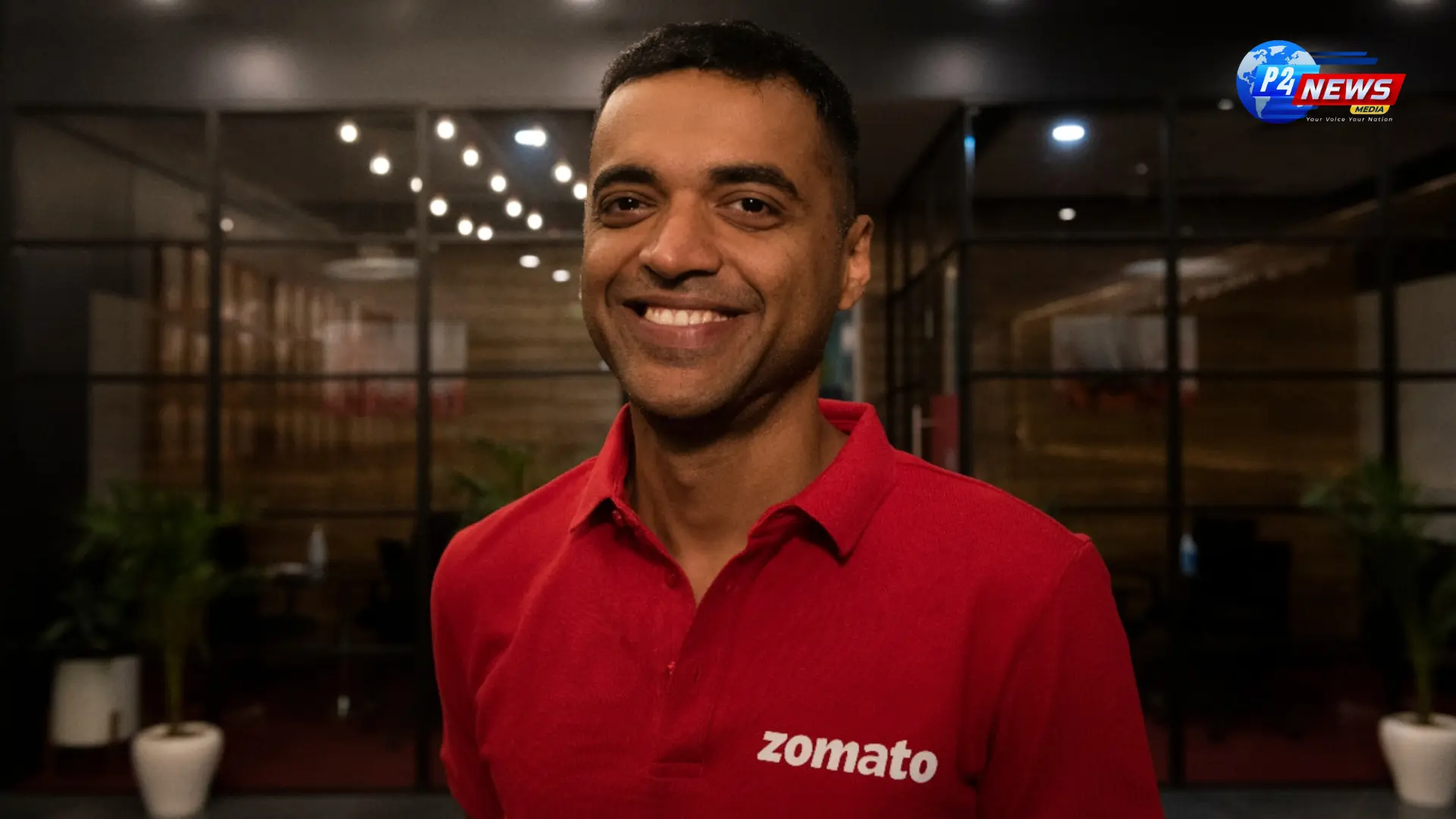Deepinder Goyal, CEO of Zomato, has been on a nearly two-year search for a chief of staff, facing significant backlash for his controversial job posting. The terms he proposed drew ire, as candidates would have to donate ₹20 lakh and work without pay for the first year, raising questions about equity in hiring practices.
Deepinder Goyal, the CEO of Zomato, finds himself embroiled in a significant social media backlash due to his recent job posting for a chief of staff position. For almost two years, Goyal has been keen on filling this pivotal role; however, his latest attempt has ignited a firestorm of criticism online. The job advertisement not only calls for a candidate to step into a demanding role but also stipulates an unusual requirement—an upfront donation of ₹20 lakh to Feeding India along with a year of unpaid labor. This unexpected condition has raised eyebrows across the internet, drawing attention from both the public and industry experts.
The backlash focused on the financial strain this demand places on potential candidates, effectively limiting the applicant pool to those who are already in a stable financial position or who have access to familial support. Critics argue that this approach unfairly disadvantages many capable individuals who might lack the financial resources to comply with such stipulations. Many netizens took to social media platforms to voice their discontent, branding Goyal’s conditions as elitist and impractical. The expectation of donating a substantial sum and working without compensation for a year raises significant ethical questions in the realm of employment practices.
Historically, Goyal's recruitment strategies have not been without controversy. His initial job posting for the chief of staff role faced similar scrutiny, with critics asserting that the nature of the expectations reflected a disconnect from the realities many job seekers currently face. Unpaid internship models have garnered criticism for perpetuating inequality, often favoring those who can afford to work without pay, thereby excluding talented individuals from diverse backgrounds. Goyal’s insistence on maintaining such a structure in Zomato’s hiring process seems to further alienate a workforce that is increasingly seeking equitable treatment.
As companies across India and the globe reassess their hiring protocols in the post-pandemic environment, Goyal’s rigid approach to recruitment highlights a growing divide in the job market. While many organizations are striving to promote inclusive hiring practices, Zomato's stringent conditions appear to move in the opposite direction. Social media users have pointed out that by imposing such barriers, Zomato risks not only missing out on talented candidates but also tarnishing its brand image.
This incident may serve as a wake-up call for Goyal and others in leadership positions. It underscores the importance of fostering inclusive hiring practices that allow for diverse participation. As the job market evolves, companies should consider the long-term reputational impacts of their recruitment strategies and the messages they send to potential employees. After all, in an era that increasingly values corporate responsibility and fairness, businesses must find a balance between their operational needs and their social obligations.
In summary, the conversation surrounding Deepinder Goyal’s search for a chief of staff highlights significant issues in the realm of job recruitment, particularly concerning equity and access. As Zomato may need to reconsider its approach moving forward, the enduring debate about unpaid labor and financial prerequisites in hiring practices is likely to continue. The company's next steps in this evolving narrative could potentially reshape its future strategy and contribute to broader discussions about fairness in employment.
















Comments 0